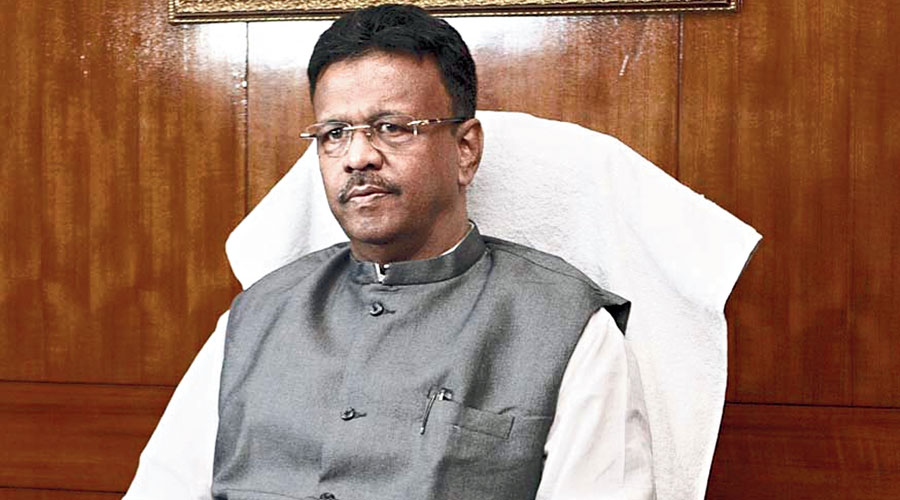Kolkata Municipal Corporation (KMC) does not have enough personnel to identify people using plastic bags below 120 micron in thickness and impose penalties on them, mayor Firhad Hakim told The Telegraph on Tuesday.
Hakim said he would have a word with the state pollution control board (PCB) and see whether police could be empowered to impose the penalties on violators.
Plastic bags less than 120 micron in thickness have been banned in the state since December 31. But bags that are much thinner — even less than 50 micron in thickness — are in rampant use across the city.
The ban on plastic bags less than 120 micron in thickness is a step up from a previous ban on bags less than 75 micron thick, which came into effect on July 1.
“Where is the manpower? The KMC does not have the manpower to implement the ban. We do not have the manpower to impose the penalties,” Hakim said. “I will have a word with the state pollution control board and see whether the power to impose penalties can be given to the police.”
In Kolkata, the KMC is empowered to impose penalties for violation of the plastic ban. A seller of banned plastic bags is liable to be fined Rs 500 and a buyer, Rs 50.
The amount may not seem a lot but is enough to discourage a penalised trader or buyer from using such a bag again.
The civic body, however, has not imposed any fine on users of banned plastic bags, said Swapan Samaddar, mayoral council member in charge of the KMC’s environment department.
Traders who are still using banned plastic bags said they were aware of the ban but added the use of those items could not be stopped so long they were freely available in markets. Stores across the city and even those inside KMC-run markets are still selling banned plastic bags.
“Why is the government not raiding and shutting down the units where banned plastic bags are still being manufactured?” asked a trader at Lake Market.
Asked on Wednesday about the manufacture of banned plastic items, Hakim said: “The PCB can ask the power department to stop the supply of electricity to units where the banned plastic items are manufactured.”
A PCB official said: “We have already started acting against units where banned plastic items are manufactured.”
Across the state, 27 tonnes of banned plastic items have been seized since July and over Rs 16 lakh has been collected as fine, said the official. None of the seizures or fines was from the Calcutta municipal area.
Besides plastic bags less than 120 micron in thickness, several other plastic items are banned. These include single-use plastic items like earbuds with plastic sticks, sticks for balloons, flags, candy sticks, plates, cups and glasses.
A waste management expert said thicker bags are used more times, are easier to collect and waste collectors want to pick them up because of their recycling value. Single-use plastic, a term used for thin plastic products, has none of these advantages, which is why it should be phased out.
